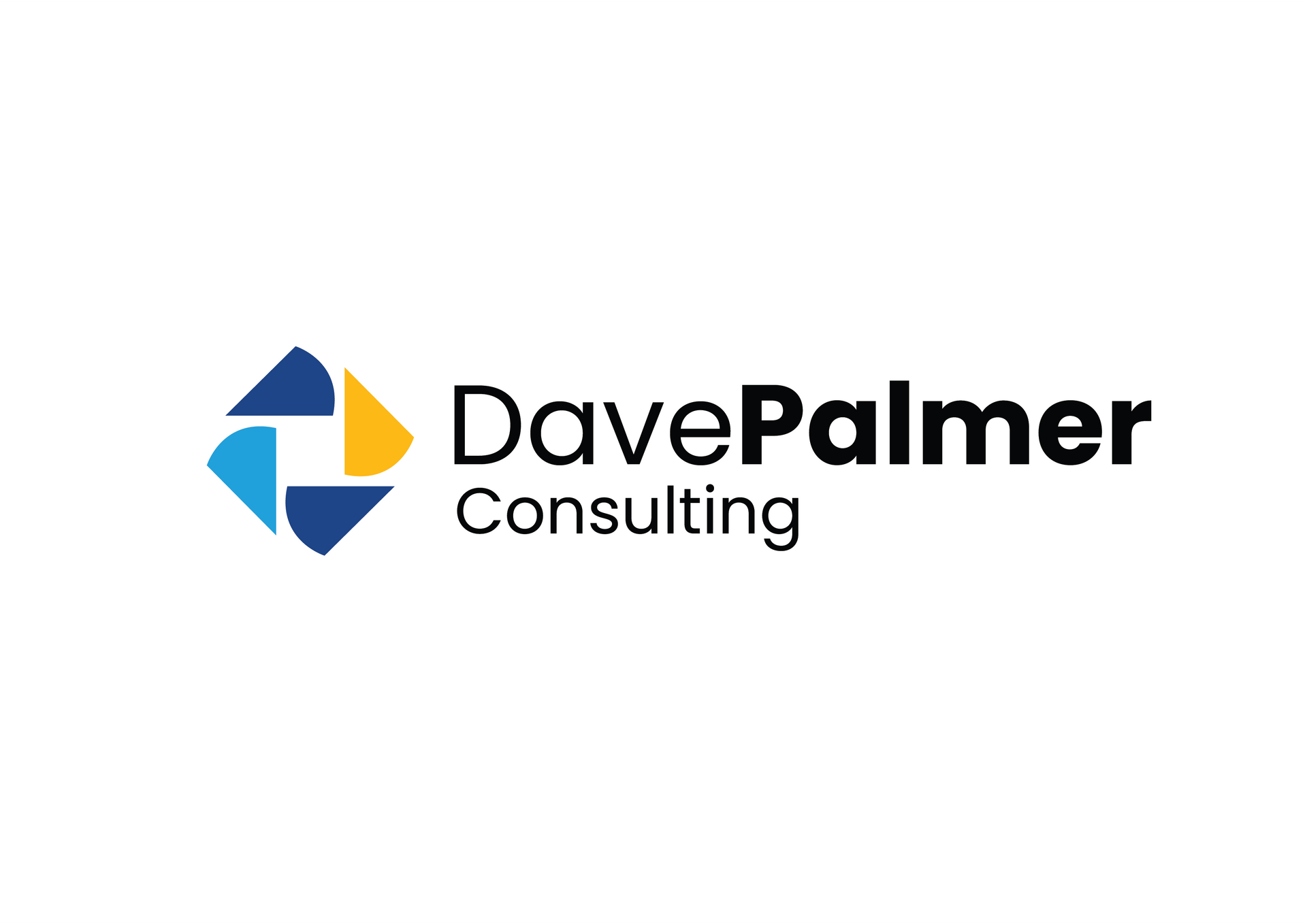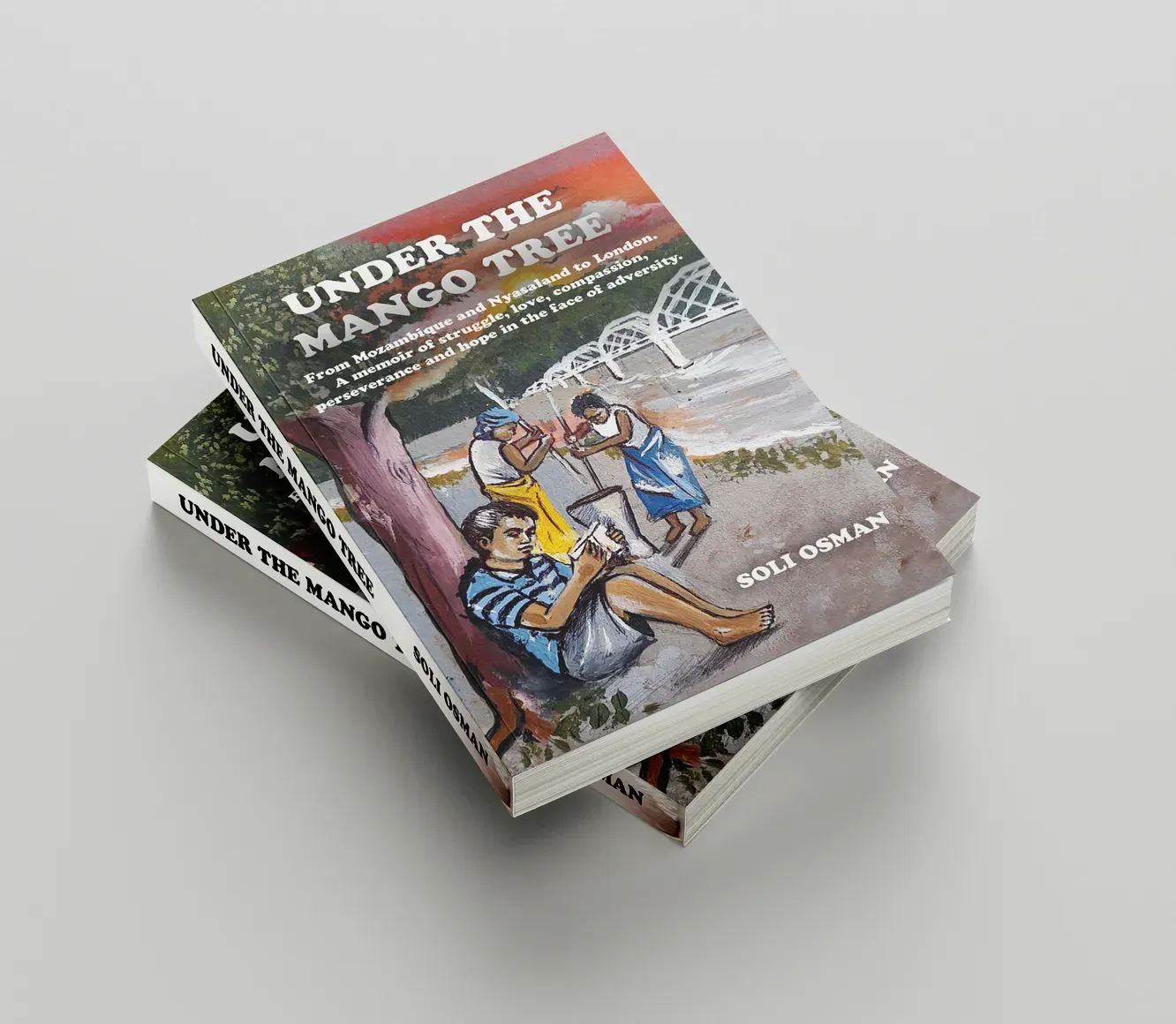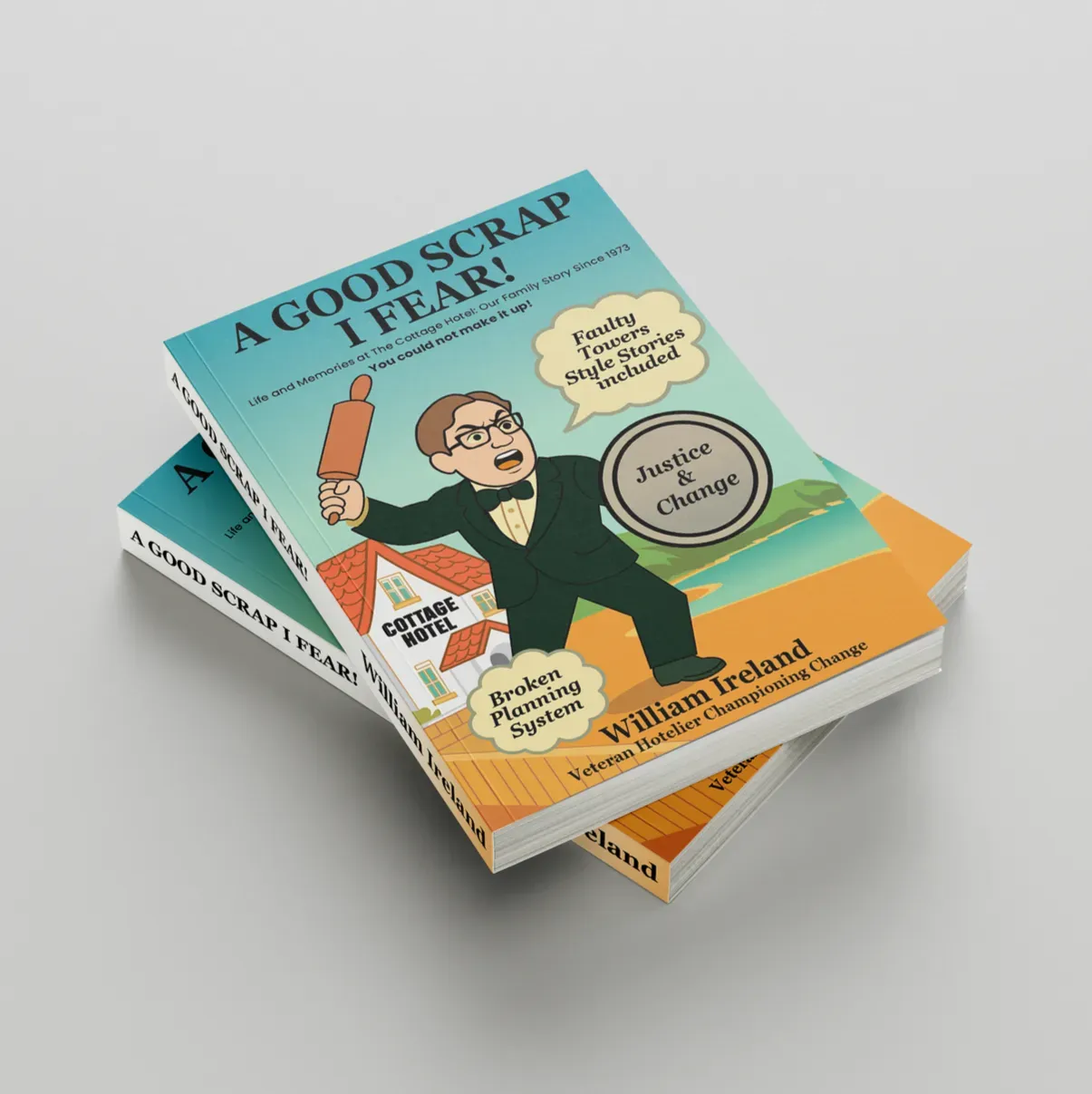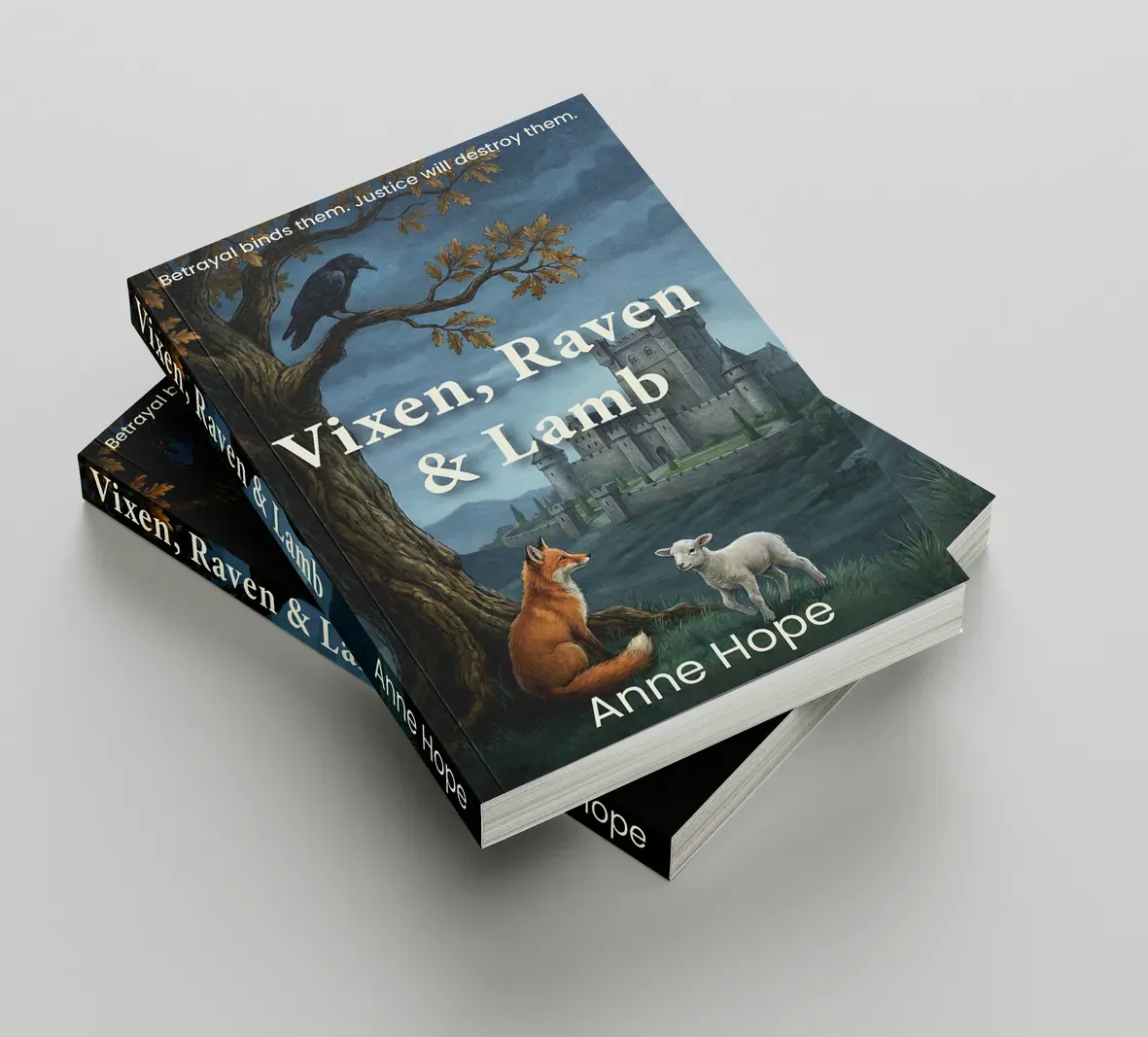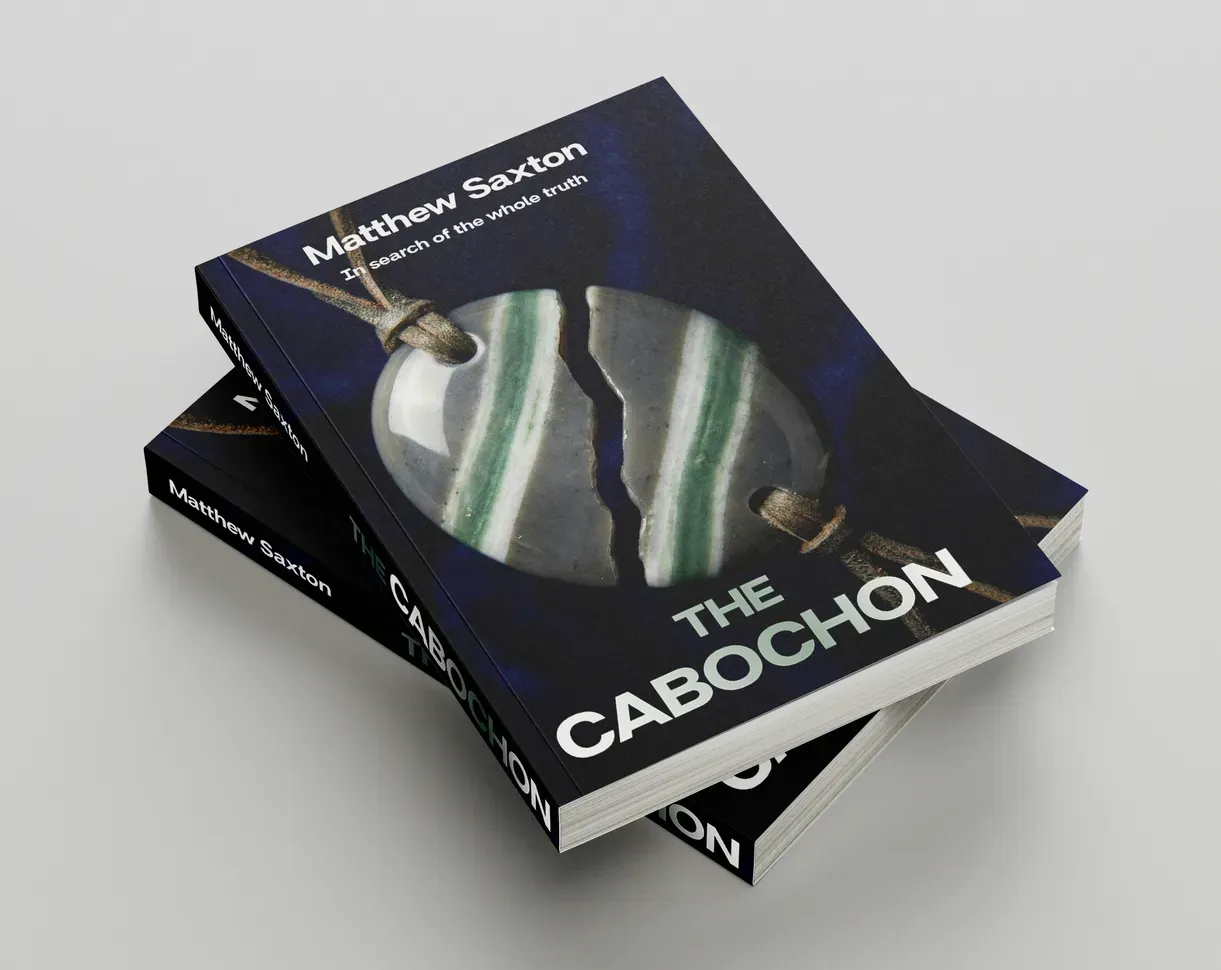Author Rights 101: How to Keep Control of Your Work
When you finish your book, you’re not just holding a manuscript — you’re holding the product of
months or years of imagination, discipline, and hard work. It’s your voice, your story, and your
intellectual property.
But the moment you start talking to publishers, that ownership can be at risk. If you don’t fully
understand your rights as an author, it’s all too easy to sign them away without realising it.
Dave Palmer has seen it happen — and lived it himself. Before becoming a best-selling author
and launching Dave Palmer Consulting, Dave signed a contract with a hybrid publisher that
contained hidden clauses affecting his control over his own work. Now, his mission is to help
other authors avoid making the same mistake.
In this guide, we’ll cover the basics of author’s rights, the traps to avoid, and how to make sure
your book stays firmly in your hands.
What Are Author Rights?
Author rights are the legal protections, and ownership claims you have over your work. They
determine:
● Who can publish your book.
● How it can be adapted or reproduced.
● Who profits from sales and adaptations.
● How your name and work can be used.
The two most important rights for authors to understand are:
1. Copyright – Your legal ownership of the work.
2. ISBN Ownership – The control of the book’s identity in publishing databases.
Copyright: The Cornerstone of Control
In the UK, copyright is automatically yours the moment you create the work. You don’t have to
register it, but you do need to protect it.
Why it matters:
● If you give away your copyright, the publisher becomes the legal owner of your work.
● They can change it, adapt it, or stop you from republishing it without your permission.
Dave’s tip: Never sign a contract that transfers your copyright to the publisher unless you
understand exactly what you’re giving up and why. In most cases, you should only grant a
licence for specific uses, for a limited time, and with clear termination terms.
ISBN Ownership: More Important Than You Think
An ISBN (International Standard Book Number) is like your book’s passport — it’s how retailers,
distributors, and libraries identify it.
Some publishers will insist on providing the ISBN under their name. While this might seem
harmless, it gives them a degree of control over distribution, pricing, and even availability.
Best practice: Purchase your own ISBNs through the official agency (in the UK, that’s Nielsen
ISBN Store). This way, your name or company will be the publisher of record, not the service
provider.
Common Contract Traps That Threaten Your Rights
From Dave’s experience — and the many authors he’s helped — these are the most common
ways rights are lost:
1. Perpetual or Open-Ended Contracts
Contracts with no clear end date can trap your book for decades. Always ensure there’s
a termination clause.
2. All Rights Clauses
Some contracts ask for “all rights in all formats, worldwide” — far beyond what’s
necessary.
3. Rights for Unused Services
A publisher might ask for adaptation rights (film, audio, translation) even if they have no
plan to use them.
4. Non-Compete Clauses
These clauses can stop you from publishing another book — even in a different genre
— for a set period of time.
Dave’s Story: Learning the Hard Way
When Dave signed with his first hybrid publisher, he didn’t realise the contract gave them partial
control over his book’s ISBN and a level of distribution authority that limited his freedom to
relaunch the title elsewhere.
This became a problem when he wanted to re-edit and re-release the book independently. The
process was slower, costlier, and more frustrating than it should have been — all because of a
few lines of legal text he hadn’t fully understood.
It’s why, at Dave Palmer Consulting, every author retains full rights to their work and ISBNs
from day one.
How to Protect Your Rights
1. Read Every Clause — Take your time. Don’t be pressured into signing quickly.
2. Seek Legal Advice — A publishing contract is a legal document. Have it reviewed by
someone who understands publishing law.
3. Retain Your Copyright — Only license it for specific uses.
4. Buy Your Own ISBNs — Stay in control of your book’s publishing record.
5. Ask for a Termination Clause — Make sure you can walk away if the relationship
doesn’t work.
The Dave Palmer Consulting Approach
At Dave Palmer Consulting:
● Authors always own their copyright and ISBNs.
● Contracts are clear, plain English, and jargon-free.
● Services are provided on a project-by-project basis — no long-term lock-ins.
This isn’t just a business decision — it’s a philosophy born from Dave’s own experience of
losing control, and his determination to make sure no author he works with goes through the
same thing.
Final Word
Your book is more than a product — it’s part of your identity as a writer. Losing control over it
can have long-term consequences for your career.
By understanding your rights and refusing to give them away unnecessarily, you protect not only
your current book, but every future opportunity it might bring.
If you want to publish with confidence, Dave Palmer Consulting can guide you through the
process — ensuring your story stays exactly where it belongs: in your hands.
